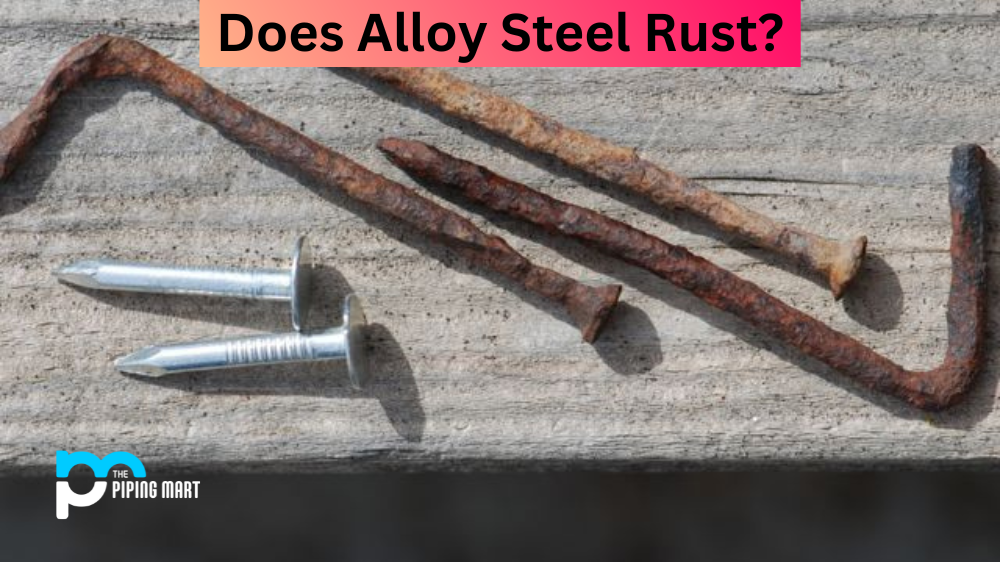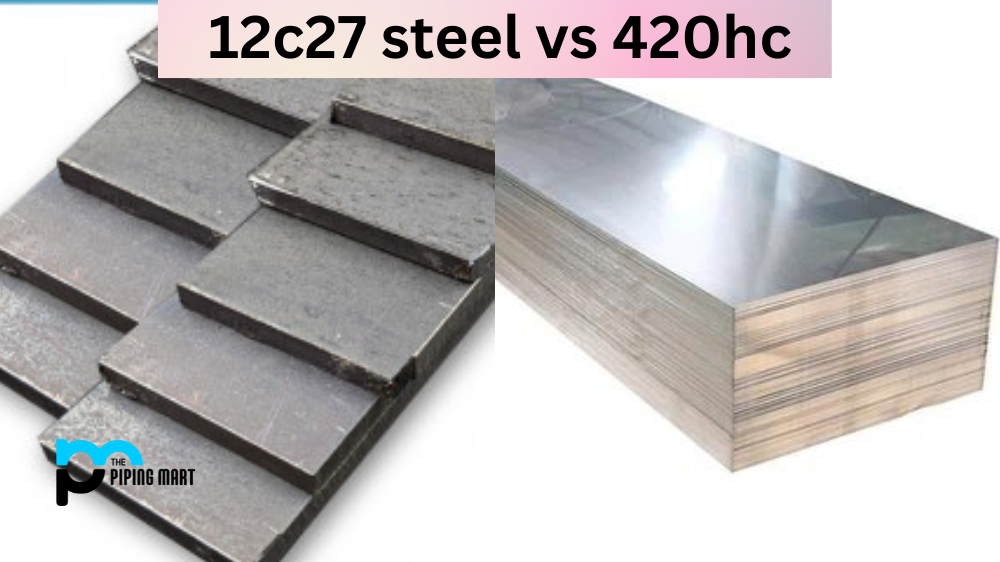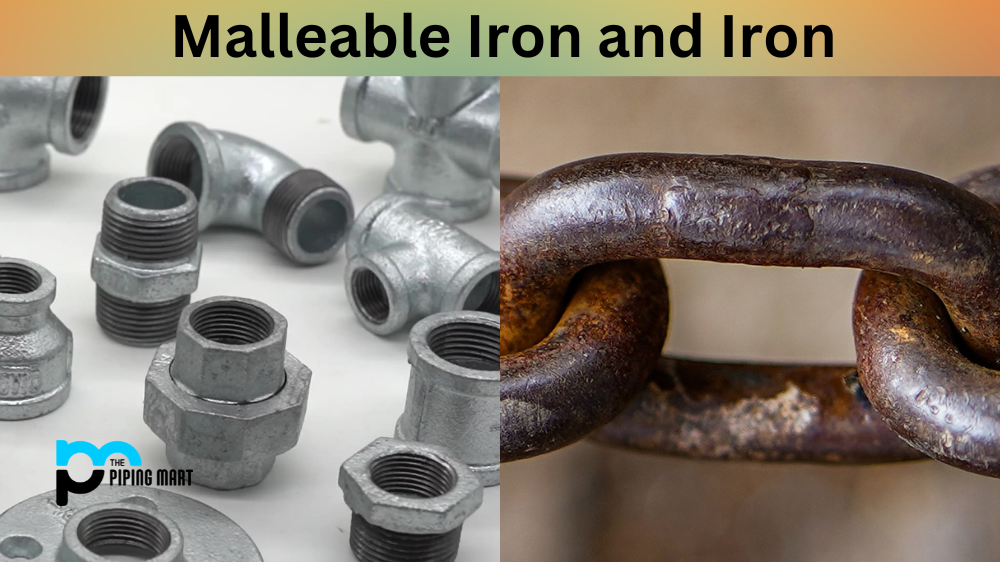You may have heard the term ‘alloy steel’ and wondered whether this type of steel is resistant to rust. After all, steel is known for its durability and strength, so it stands to reason that it should be able to withstand corrosion from the elements. So, does alloy steel rust? The answer depends on several factors, including the composition of the alloy itself. Read on to learn what you need to know about alloy steel and its resistance to rust.
What Is Alloy Steel?
Alloy steel is a type of steel that has been mixed with other elements in order to increase its strength and durability. This can include a variety of metals, such as nickel, chromium, manganese, molybdenum, tungsten, vanadium, silicon, and boron. Depending on the combination of these elements, as well as how they are used in the alloy, will determine how strong and durable your alloy is. It also impacts how resistant it is to corrosion or rusting.
Does Alloy Steel Rust?
Whether or not alloy steel will rust depends on the type of metal used in the alloy as well as what environment it is exposed to. For example, some alloys contain chromium which helps protect against oxidation or rusting when exposed to moisture or air. However, if your alloy contains high levels of carbon, then it may be more susceptible to rusting due to its tendency towards forming iron oxide when exposed to moisture or oxygen. The amount of exposure also matters; if your alloy is only exposed occasionally, then it won’t corrode as quickly as one that is constantly exposed over time.
How Can I Protect My Alloy Steel From Rust?
The best way to protect your alloy steel from rusting is by keeping it clean and dry whenever possible. Make sure you remove any dirt or debris that accumulates on the surface regularly using an appropriate cleaner and cloth/brush combo for your particular application (i.e., stainless steel brush for stainless-steel alloys). Additionally, you should apply a protective coating such as paint or oil if you plan on leaving it outside for extended periods of time in order for even more protection against corrosion/rusting caused by environmental factors like rain/snow/humidity, etcetera. Lastly, regular maintenance checks should be done every so often just in case any signs of wear start appearing before they become too severe, which could lead to costly repairs down the line!
Conclusion:
In conclusion, while some types of alloy steel are resistant to oxidation or rusting when exposed to moisture or air due to their composition (i.e., containing chromium), others may still be susceptible depending on their makeup (i.e., containing higher levels of carbon). To ensure your alloy stays protected from corrosion/rusting over time regardless of its makeup, though make sure you keep it clean & dry whenever possible; apply a protective coating such as paint/oil if needed; and do regular maintenance checks every once in a while! By following these tips, hopefully, you will never have to worry about wondering, “does alloy steel rust” ever again!

Abhishek is a seasoned blogger and industry expert, sharing his insights and knowledge on various topics. With his research, Abhishek offers valuable insights and tips for professionals and enthusiasts. Follow him for expert advice on the latest trends and developments in the metal industry.




